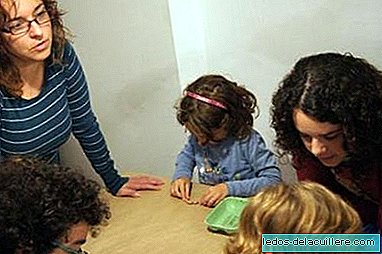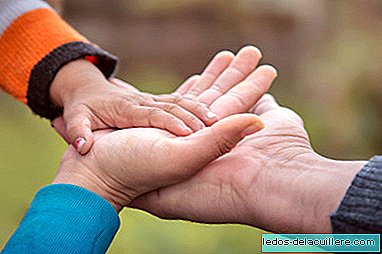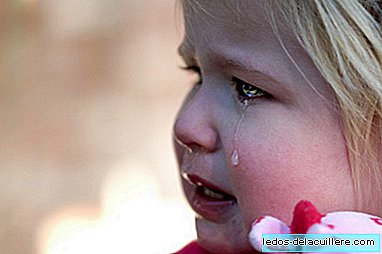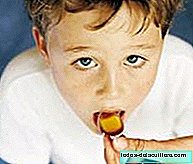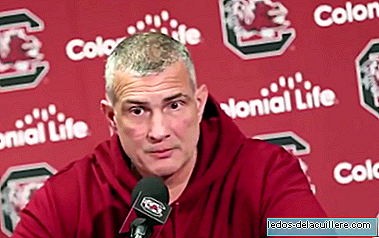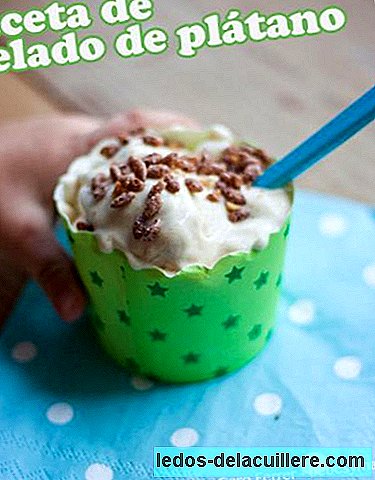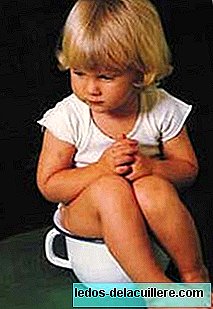
A few days ago we talked about childhood diarrhea and today we will touch another of the most frequent gastrointestinal problems in childhood that worries parents so much, the constipation.
It represents about 5% of pediatric consultations and 25% of pediatric gastroenterology consultations. It's about the decreased frequency of bowel movements or making very hard bowel movements.
More precisely there is talk of constipation when the frequency of bowel movements is less than three times a week or when the child is more than 3 days in a row without pooping. Stool consistency is also important since a soft stool, even if it occurs once a week, is not considered constipation,
Since the parents' perception of the problem can be somewhat subjective, a fairly accurate definition of constipation is “Clinical symptom that expresses difficulty in regular emptying of the colon and rectum, expressed as the elimination of hard, infrequent stools and evacuated with difficulty or incompletely”.
Being very hard, bowel movements can cause small fissures in the anus, they are often accompanied by pain, so many times the child endures the desire to avoid the pain that goes to the bathroom. The problem is that the fecal bolus enlarges, hardens and the deposition becomes even more painful.
In 95% the cause of childhood constipation is not caused by any specific disease. It is only due to a slow functioning of the intestine due to an inadequate diet and incorrect habits such as enduring the desire to poop repeatedly and not trying to do it every day.
It can also appear when going on vacation, taking a trip, when moving or in situations that generate special anxiety in the child, just as happens to adults.
What to do
● For breastfed children, the best practice is to continue breastfeeding on demand. The baby fed with breast milk makes more falls a day, but by the month or month and a half they stop pooping so many times a day and go on to do less, it can be once a day and even every several days
● The infant baby is not recommended to give juices or infusions as they may threaten breastfeeding. The more juice, less breast and breast makes less milk. On the other hand, it is not recommended to stimulate the ass as the stimuli in the long run are counterproductive by causing the baby to depend on them to defecate.
● When the child already eats solid, the main thing is to make changes in the usual diet. Basically, we must increase the contribution of water and fiber. We must reduce the consumption of meat, buns, sweets and too many eggs and increase water, juices, cereals with fiber, bread with fiber, fruits and vegetables (spinach, chard, peas). Other foods rich in fiber are, for example, lentils, white beans and chickpeas.
● It is important to teach him that he should not endure the urge to go to the bathroom when he feels the need.
● We can accompany you to the bathroom and remain seated in the toilet for 5 to 10 minutes while entertaining yourself with a game or a book. Ideally, do it after a meal every day to create the habit.
● Laxatives or enemas should not be given if they have not been indicated by the doctor.
● When should we consult the pediatrician? When constipation is accompanied by significant abdominal pain, if blood appears in the stool, if the child vomits or is very depressed and complains a lot.


